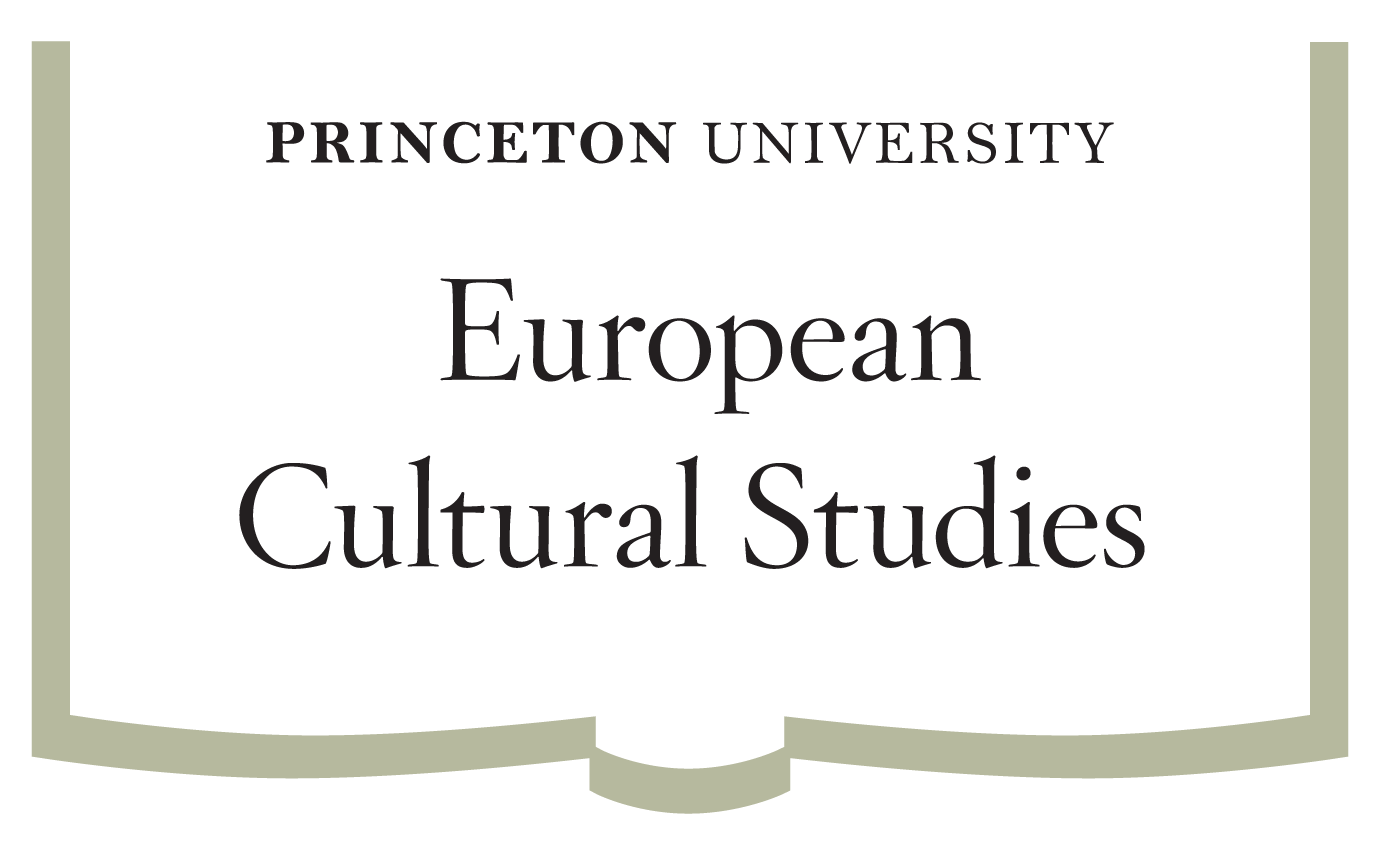For a period of 6-8 weeks during the senior year, EUS seniors meet once a week to address common problems of research, conceptualization, organization, and writing under the supervision of the Directors of the Minor.
In advance of each weekly session, two or three students submit a sample of their thesis work for close, critical reading by all members of the colloquium. During the sessions, students make introductory presentations of their projects, followed by discussions of the submitted work.
Active participation in discussion is expected of all members of the colloquium each week. Minors from the natural sciences or engineering who do not address European topics in their theses may submit a paper written for an EUS course for circulation and discussion, or they may opt to share material drawn from their thesis research and discuss aspects of their projects that intersect with the broader concerns of the colloquium.












